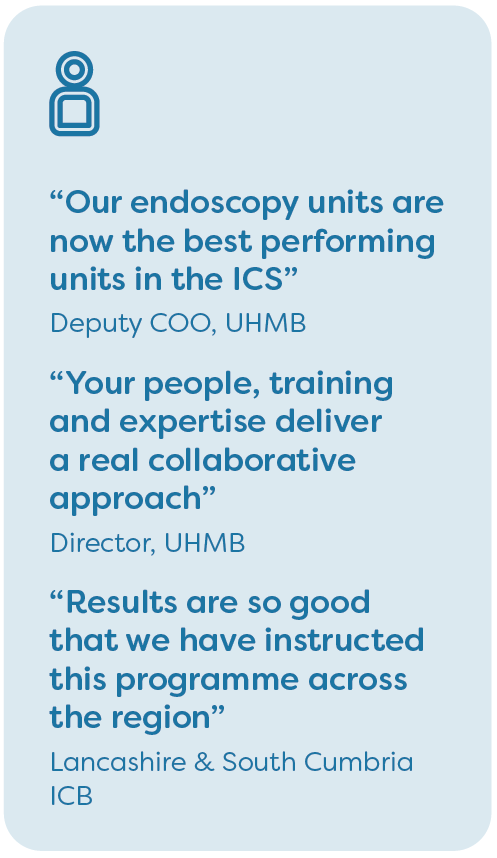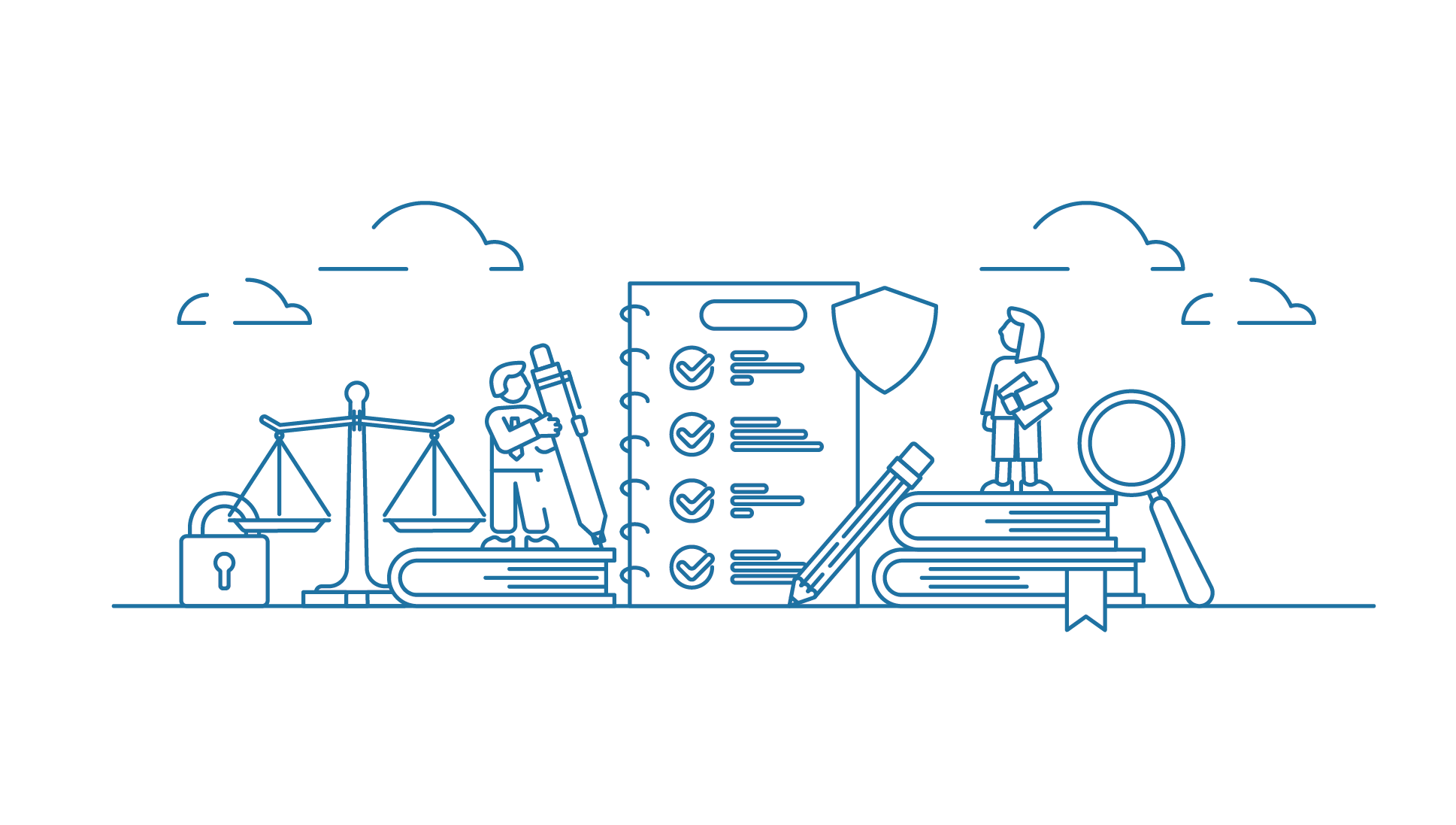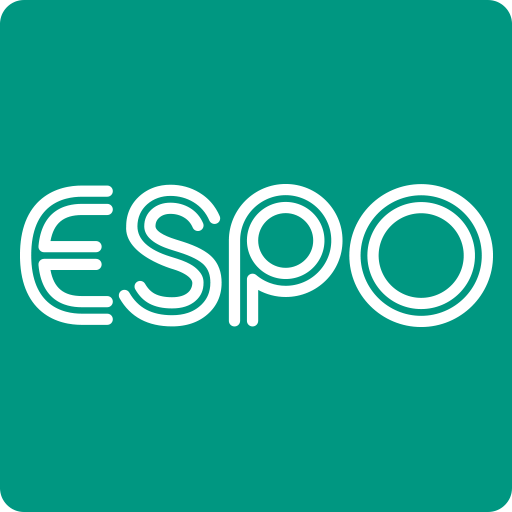Blog
The latest news, events and articles, including case studies, editorials, blog posts and featured products.
Case Study - University Hospitals Morecambe Bay


Endoscopy Patient Pathway Improvement Project via the Consultancy Services framework (664)
The Requirement
With over 11,000 patients a year seen by the service, University Hospitals Morecambe Bay (UHMB) was experiencing delays in the delivery of diagnostic tests, a squeeze in capacity and increasing numbers of two-week waits.
UHMB therefore required external support to achieve improvements in the service, utilising experienced Consultants in the NHS through a compliant purchasing framework. ARCC’s associates, specialising in healthcare productivity, organisational and culture change, supported the Directorate and Managers to improve waiting times, increase capacity and better service UHMB patients. They further delivered an efficiency project in endoscopy, focusing on the scheduling and allocation of patient diagnostic tests within the department.


The Solution
In 2022, University Hospitals of Morecambe Bay, a part of the Lancashire & South Cumbria ICB Cancer Alliance, engaged ARCC’s NHS consultancy associates, Changeology Group, via ESPO’s Consultancy Services framework (664), to support improvement of their Endoscopy patient pathway.


The project was procured as a direct award utilising ARCC as a supplier to ESPO’s Consultancy Services framework (664). Its consultants produced the initial proposal and provided advice and support to develop all elements of the project between ARCC and the Trust. This included:
- Management of the overall project, including regular project management meetings with the Trust’s Directorate and Heads of Service.
- Agreement of the project objectives, Key Performance Indicators (KPIs) and measures of success.
- On-going support to maintain the improvements for the long-term.
ARCC’s associates worked with the Endoscopy managers and UHMB Directors over a 14-week period to design and implement a new scheduling and allocation system. The team worked closely with the service on site to ensure that efficiency of the patient pathway was maximised through effective controls of the waiting list for tests and improving capacity within the diagnostic schedule.
The project utilised the Endoscopy department’s existing IT systems and implemented processes for identifying and maximising appointment capacity within the department.
The Results
Throughout this project, the following outcomes were achieved:
- Increased capacity to support 1,579 additional patients in the service, a 14% overall improvement.
- £1.1m cost avoidance achieved through freed-up capacity.
- 36% improvement in two-week waits, reducing time to see patients overall.
- An 18% decrease in breaches.
- 48% increase in available appointments.
- Improvements achieved in just 14 weeks.











